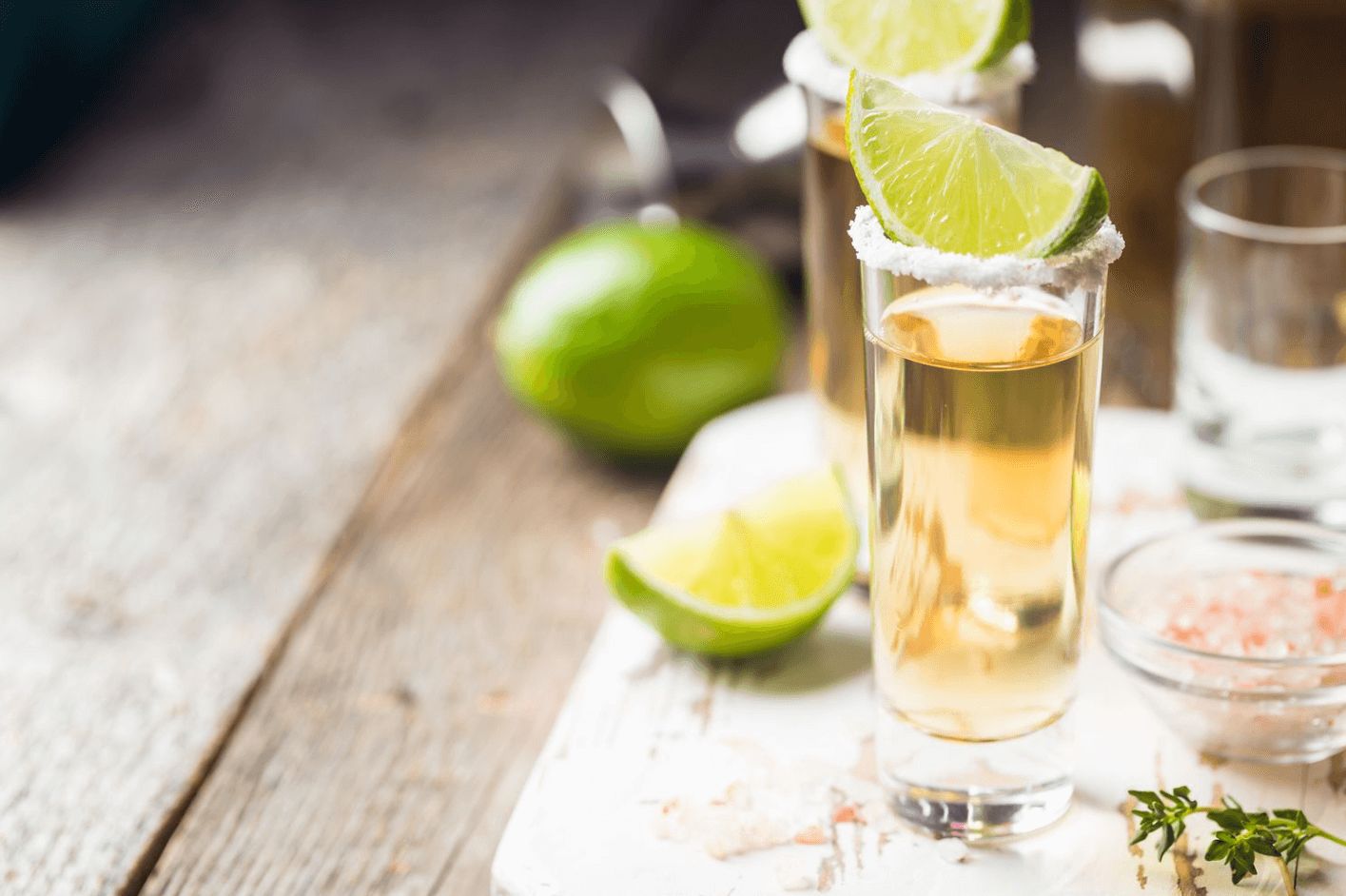- Thriving Guide
- Posts
- Is Tequila Really Healthier Than Other Alcohols
Is Tequila Really Healthier Than Other Alcohols
Some claim it’s the “clean” liquor of choice but does tequila actually offer health benefits, or is that just clever marketing?

Tequila has gained a sort of wellness glow in recent years, often billed as the “cleaner” choice among spirits. Thanks to its plant-based origin and minimal additives, some even suggest tequila could be a healthier option compared to other types of alcohol. But how much of that reputation holds up under scientific scrutiny?
Here’s what you need to know before reaching for that next margarita.
The Agave Myth
Tequila is made from the blue agave plant, which contains naturally occurring compounds called agavins. These non-digestible sugars have been linked in some animal studies to potential health perks like reduced blood sugar levels and improved gut health.
But there’s a catch by the time agave is distilled into tequila, all those beneficial compounds are gone. Distillation strips away the agavins and any nutrients, leaving behind a concentrated alcoholic beverage not a plant-based elixir.
Similarly, agave syrup (often marketed as a natural sweetener) also loses most of its nutritional value during processing, and in large quantities, it behaves just like other added sugars in the body.
Is Tequila Really “Cleaner”?
When people describe tequila as a "clean" liquor, they often mean it's:
Lower in sugar (compared to sweetened cocktails)
Lower in calories (around 100 calories per 1.5-ounce shot)
Free from additives (especially if you choose 100% agave tequila)
Compared to sugary mixed drinks or heavy craft beers, a straight tequila shot may seem like a better option especially if you're watching your calorie intake. But it’s important to understand that no alcoholic drink is truly "clean" when it comes to health.
What About Hangovers?
Tequila does contain fewer congeners chemical byproducts from the fermentation process than darker liquors like whiskey or red wine. Congeners have been linked to more intense hangovers, so in theory, tequila might leave you feeling slightly better the next morning.
Still, hangovers depend on many personal factors, including your hydration level, sleep quality, what you ate, and how much you drank. No liquor is completely hangover-proof.
The Bigger Picture: Alcohol and Health
Despite popular claims, there’s no recommended “safe” amount of alcohol for health benefits. While some small studies have hinted at cardiovascular perks linked to moderate alcohol consumption, major health organizations have walked back earlier guidance suggesting alcohol might be good for you.
The reality is this:
Moderate drinking is defined as up to one drink per day for women and up to two for men
Excess alcohol increases the risk of liver disease, certain cancers, high blood pressure, and mental health issues
If you’re taking medications or managing a chronic illness, your provider may recommend avoiding alcohol altogether
So, Is Tequila a Better Option?
If you’re going to enjoy a drink and want something simple and lower in calories, a shot of high-quality, 100% agave tequila served neat or with soda water can be a smart choice compared to sugary cocktails or heavy beer. But calling it “healthy” is a stretch.
Here’s what to look for when choosing tequila:
100% Blue Agave on the label
Avoid “mixto” tequilas, which may contain added sugars and artificial flavors
Stick to clear tequila (blanco) if you’re sensitive to congeners
The Bottom Line
Tequila isn’t a health drink but it may be a lighter, less additive-laden option compared to some other alcoholic beverages. Just remember that moderation, hydration, and informed choices matter more than the myth of any “clean” alcohol.
If this article helped clarify your options, subscribe to our newsletter or share it with someone who enjoys a well-balanced lifestyle.